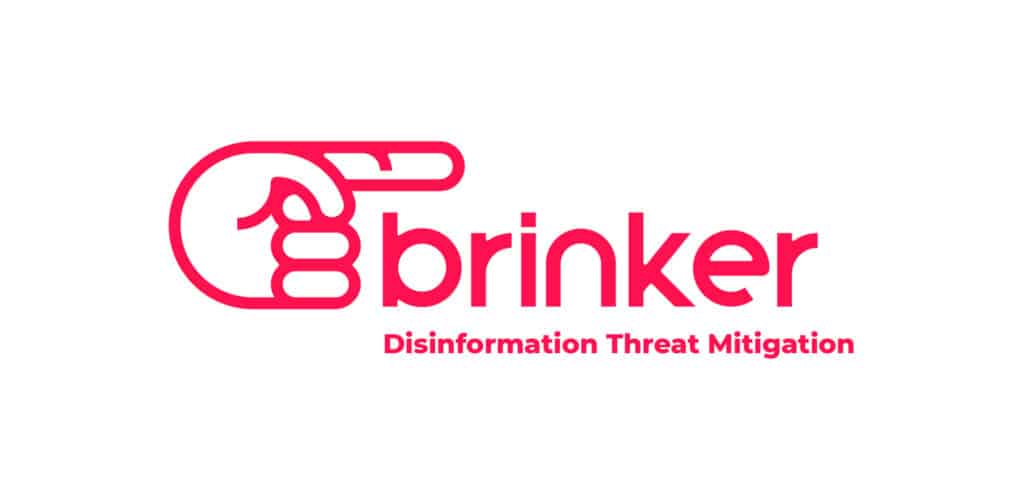It was another busy week in the security world. There was big news on the legal front, as The U.S. Supreme Court took steps to protect the data stored on mobile devices from warrantless searches by police. (That’s good news.) But the week also plenty of concerning stories about the security of data stored on mobile phones, tablets and the like. One of the stories that gained a lot of attention was DUO Security’s report on a flaw in PayPal’s two factor authentication feature that could expose the accounts of security-conscious PayPal users. As The Security Ledger reported, DUO researcher Zach Lanier discovered a flaw in mobile APIs published by PayPal that would allow anyone with a valid PayPal user name and password to sidestep two-factor authentication when accessing PayPal accounts that had that option enabled. After DUO went public with information on the flaw, PayPal disabled two factor authentication […]
Phishing
Code Spaces Probably A ‘Target of Opportunity’
The spectacular collapse this week of Code Spaces, a cloud-based code repository, may have been the result of a an unspectacular “opportunistic” hack, rather than a targeted operation, according to one cloud security expert. The sudden demise of the online application repository has sent shock waves through the tech industry, laying bare what some say are lax practices among many cloud-based application and infrastructure providers. But the attack itself was almost certainly the result of a larger, indiscriminate cyber criminal campaign, said Jeff Schilling, the Chief Security Officer of Firehost, a Texas-based secure cloud provider. “This is something we pretty frequently: companies get held ransom with a DDoS attack, and if that doesn’t work, (the attackers) will resort to doing other things,” Schilling told The Security Ledger. But Code Spaces almost certainly wasn’t the only company the extortionists worked on, Schilling said. Instead, the company was likely caught up in a wide net […]
For Smart TVs, Malware May Hide In Broadcast Content
Researchers at Columbia University have published research showing how new technology that combines broadband and broadcast content could enable a wide range of traditional and novel cyber attacks on smart televisions and other devices: forcing them to interact with malicious web pages, harvesting credentials or carrying out denial of service attacks. The paper, published in May, explores potential attacks on combined broadcast-broadband devices that use an industry specification called Hybrid Broadcast-Broadband Television (HbbTV). According to the researchers, Yossef Oren and Angelos D. Keromytis, the HbbTV specification combines broadband technologies like HTML and broadcast features in an insecure manner. The vulnerabilities affect a wide range of smart entertainment devices, including smart televisions, in Europe and the United States. “This enables a large-scale exploitation technique with a localized geographical footprint based on radio frequency (RF) injection, which requires a minimal budget and infrastructure and is remarkably difficult to detect,” the researchers write. “The technical complexity and […]
This Week In Security: Ebay’s School of Hard Knocks
It’s the end of another busy week in the security world. As we’re wont to do at The Security Ledger, we had DUO Security Evangelist Mark Stanislav in to the deluxe Security Ledger Studios to talk about the events of the week. On the agenda this week: the continued fallout from the hack of online auction giant eBay. The company ran into a thicket of criticism this week for the breach and its botched response. Despite knowing about the security breach for weeks, eBay seemed unprepared for the fallout once the news became public. Beyond its statements to the press, the company hadn’t taken steps to streamline the (inevitable) flood of customers who wanted to update their password. In fact, more than a day after the news broke, eBay still hadn’t made mention of it on their home page. What lessons can we learn from the breach at online auction […]
FireEye Report: Iranian Hacker Group Becoming More Sophisticated
A report from the security firm FireEye claims that hacking crews based in Iran have become more sophisticated in recent years. They are now linked to malicious software campaigns targeting western corporations and domestic actors who attempt to circumvent Internet filters put in place by the ruling regime. The report, dubbed “Operation Saffron Rose,”(PDF) was released on Tuesday. In a blog post accompanying the research, FireEye researchers say that it has identified a group of hackers it is calling the “Ajax Security Team” that appears to have emerged out of Iranian hacker forums such as Ashiyane and Shabgard. Once limited to website defacements, the Ajax team has graduated to malware-based espionage and other techniques associated with “advanced persistent threat” (APT) style actors, FireEye said. The researchers claim that the group has been observed using social engineering techniques to implant custom malware on victims’ computers. The group’s objectives seem to align with those […]






